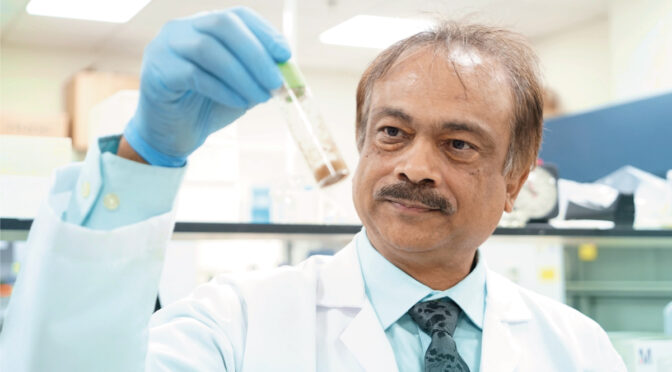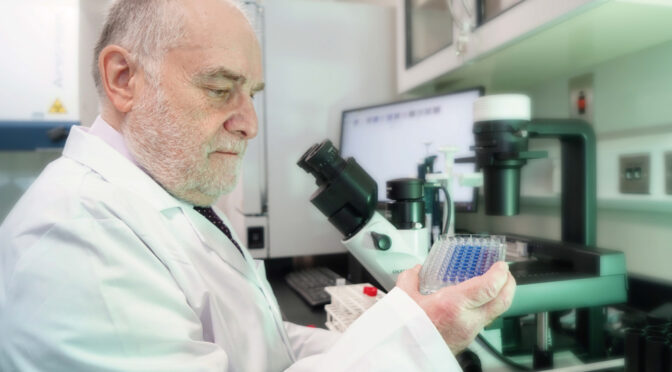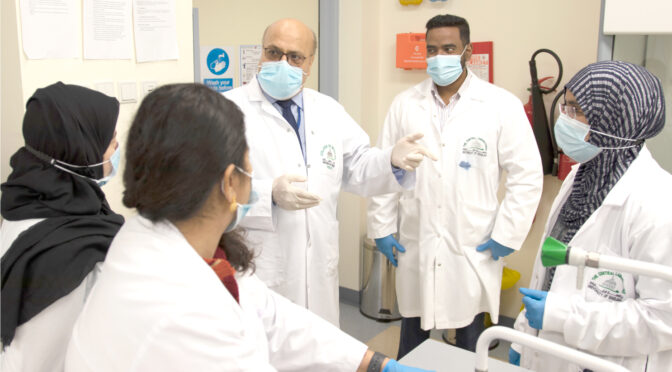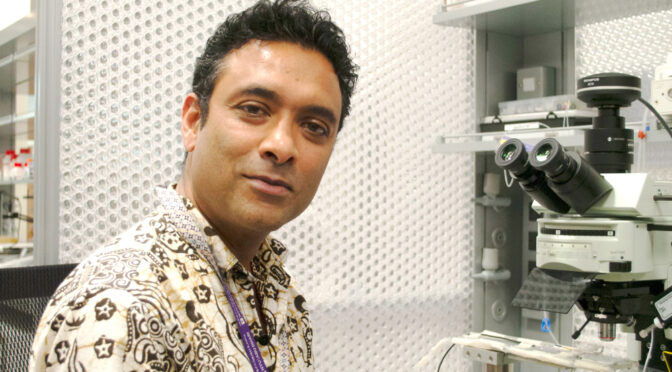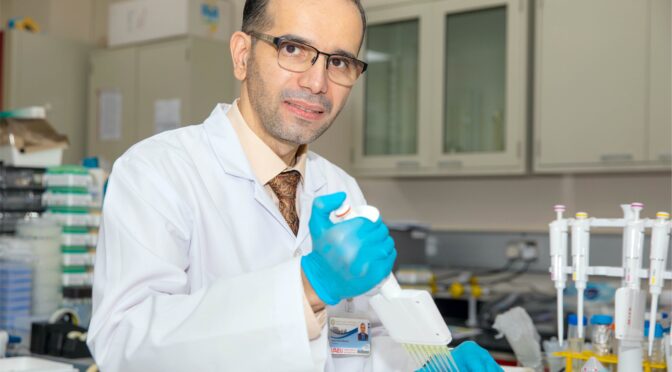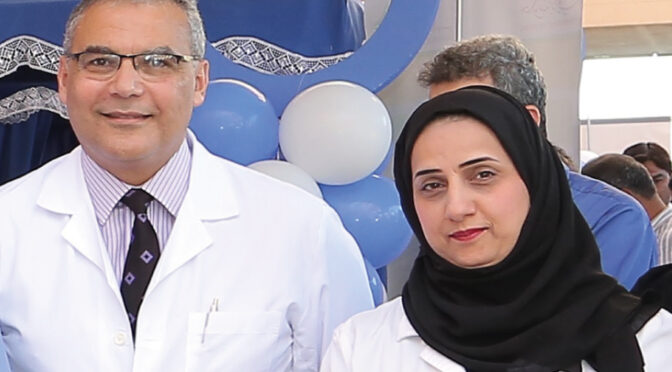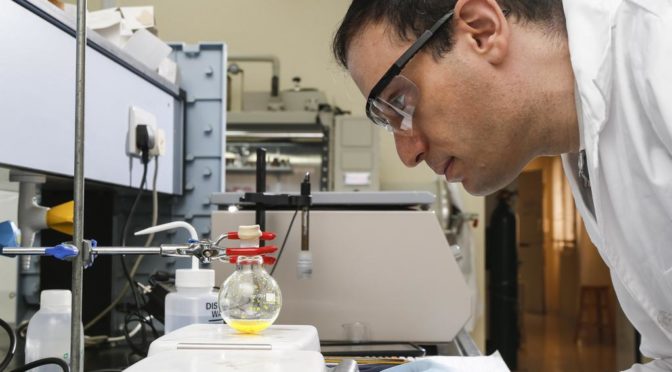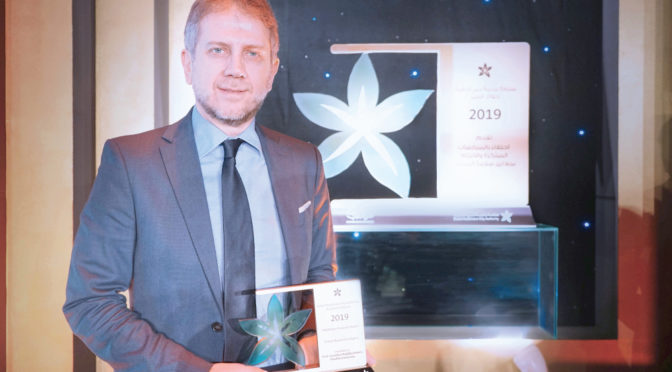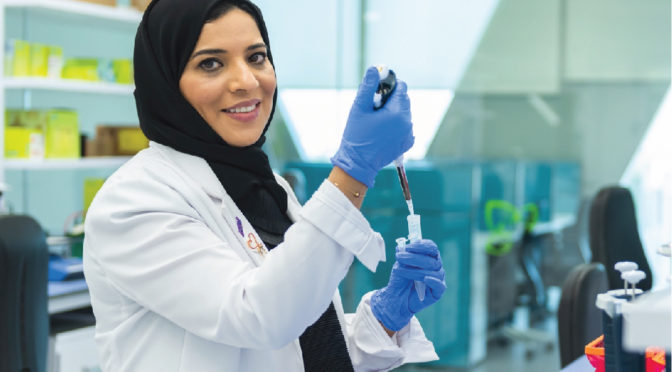With an increasing global population and greater life expectancy, the diagnosis of neurological disorders, like Parkinson’s disease is on the rise.
Al Jalila Foundation awarded a research grant to renowned scientist Dr M Emdadul Haque from UAE University to study ‘Parkin in cancer and neurodegeneration: critical role of parkin as E3 ubiquitin ligase and redox molecule’.
Parkin/PINK1 insufficiency may cause accumulation of damaged mitochondria. However, there is no mitochondrial accumulation in patients’ brains and mouse models. The question is simple: is it true that they are removing abnormal mitochondria? “Autophagy” is one of the essentials in life phenomena, especially for cell survival. Insufficient mitophagy produces oxidative stress and energy crisis in cells and finally leads to cell death or cancer. Thus, it is important to question whether Parkin and PINK1 have a central role in conducting mitophagy. In the clinical aspect, they are involved in several major serious diseases that many people are suffering from.
By understanding what is truly happening on the surface of mitochondria around Parkin (and PINK1), the findings will unveil a series of flow which causes dopaminergic cell death and tumorigenesis in cells. The results have the potential to change the notion of “mitophagy process” and provide the cause-directed therapeutic strategy for several major diseases.
Al Jalila Foundation funds promising research to give hope to people and advance cures. To learn more about our funded research please click here.


